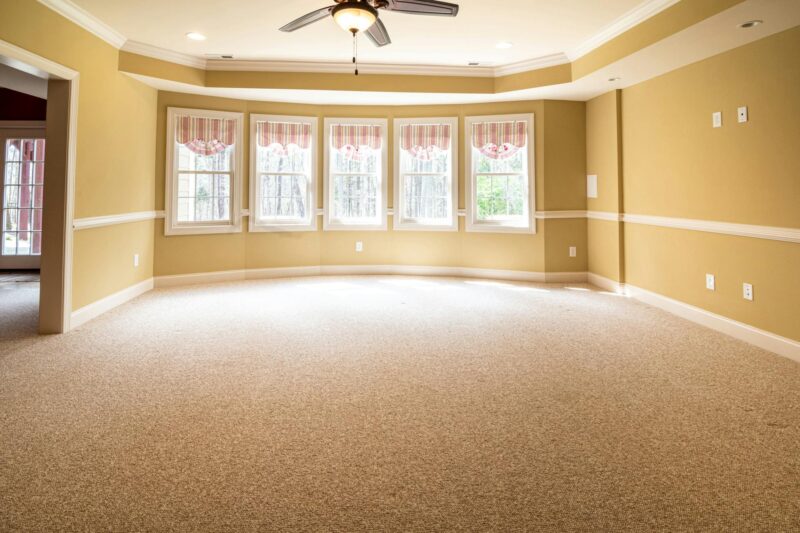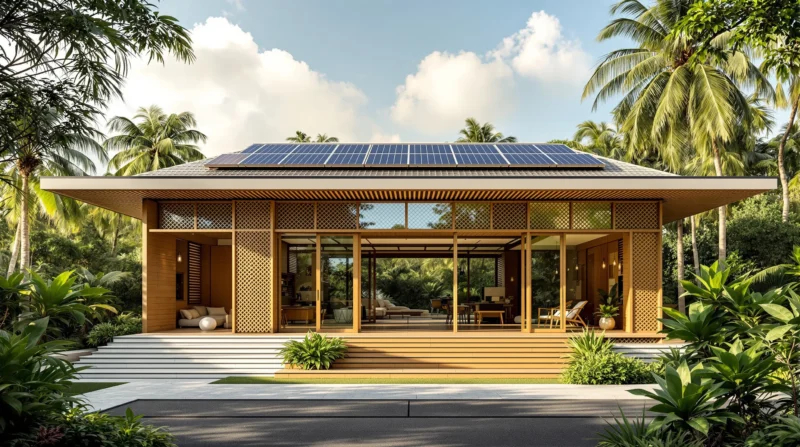
When starting a construction project, we want you to know that one of the crucial decisions involves selecting the right architect. Though both commercial and residential architects share foundational education and training in architecture, the specific challenges and nuances of their respective fields make them distinct in several ways.
Essex Architects and Commercial Architects both play significant roles in the field of architecture, but they differ in their focus and projects. Essex Architects typically handle residential and small-scale commercial projects in the Essex region, providing design and construction solutions tailored to local needs and preferences. On the other hand, Commercial Architects specialize in larger-scale, commercial projects such as office buildings, shopping centers, and other business establishments, creating functional and aesthetically pleasing spaces to accommodate the needs of various businesses and industries.
So, are you curious to know more? If so, then let’s explore and understand the differences between commercial and residential architects.
What’s The Difference Between Commercial & Residential Architects?
Learning about their differences can help you make the right choice when it comes to choosing the pros for your project. So, here’s what you need to know:
Design Considerations And Aesthetics
Commercial architects often prioritize functionality, durability, and the efficient utilization of space. They incorporate design elements that enhance the brand identity, foster productivity, and ensure the seamless flow of people and activities. Aesthetic considerations aim to strike a balance between distinctiveness and universality, appealing to a broader audience while showcasing the entity’s unique identity.
Moreover, in the residential sphere, the aesthetics are profoundly personal. Architects delve into the homeowners’ preferences, aspirations, and lifestyles to craft spaces that reflect individuality and foster comfort. The focus is on creating a harmonious, inviting atmosphere, with a keen emphasis on the interplay of light, space, and material. You can learn more info on this link https://www.bobvila.com/articles/how-much-does-an-architect-cost/.
Scope And Scale Of Projects
Commercial architects deal predominantly with projects of a larger magnitude, such as office buildings, retail stores, hospitals, and educational institutions.
These structures typically cover vast expanses, housing multiple functions and accommodating a diverse array of people. The grandeur of commercial projects necessitates intricate planning and specialized knowledge to ensure functionality, safety, and aesthetic appeal.
Conversely, residential architects specialize in designing homes for individuals or families. The scale is comparatively smaller, but the emphasis on personalization is pronounced.
These architects work closely with homeowners to infuse the design with individual preferences, lifestyle needs, and familial nuances, fostering a unique blend of form and function.
Client Interaction And Personalization
Architects that specialize in commercial buildings typically interact with institutional, governmental, or corporate clients. There are many people involved in the conversation, and they all have different needs and wants. Functionality, regulatory compliance, and aesthetic appeal are all factors that must be taken into account during the design process.
Unlike commercial architects, residential architects work directly with individuals and families, creating a close working relationship. The conversation is intimate, focusing on the wants, needs, and aspirations of the locals. The difficulty lies in interpreting these unique stories and incorporating them into the built environment in a way that is authentic to the occupants.
Regulatory Compliance And Documentation
There might be a plethora of rules, laws, and guidelines that must be followed on commercial construction projects. There’s pretty much a lot of paperwork and communication with authorities required for commercial architects because of all the rules and regulations they have to follow, such as zoning laws, environmental regulations, and accessibility standards.
Architects working on private homes must also comply with rules and laws, but the good news is that they’re typically easier to navigate. There is less red tape involved in getting permits and approvals so long as the residence meets safety, sustainability, and code requirements.
Sustainability
With the increasing emphasis on sustainability, commercial architects are at the forefront of integrating eco-friendly design principles. They incorporate energy-efficient systems, sustainable materials, and green technologies, aiming to minimize the environmental footprint of large-scale structures.
Sustainability is equally pivotal in residential architecture, but the approach is more personalized. Residential architects focus on sustainable construction methods, energy-efficient appliances, and the incorporation of natural elements to foster eco-friendly living on a smaller scale.
Budget Management
Commercial design projects are typically massive, making budget management a herculean effort. Commercial architects collaborate with quantity surveyors and financial analysts to keep expenses down while still achieving the project’s aesthetic goals.

The budget for a residential project ought to take into account the homeowners’ financial situation. When designing a home, architects frequently need to strike a compromise between the client’s ideals and the reality of the project’s budget.
If you’re eager to know more about these professionals, a good idea is to check out this website to arm yourself with enough information to make a decision much faster!
Residential Architects
At the end of the day, why is it better to choose residential architects? Well, choosing a pro like this when planning a home or residential project offers a range of benefits tailored specifically to the nuanced needs of individuals or families.
Firstly, residential architects are adept at taking a personalized approach to design. They specialize in capturing the unique aspirations, lifestyles, and requirements of individuals or families and bringing them to life architecturally. This means that every room, nook, and corner is infused with intention, mirroring the lives and personalities of those who will live there.
Secondly, the very nature of residential architecture places a keen emphasis on living spaces. These professionals have honed their skills in creating environments that prioritize comfort, intimacy, and daily functionality.
They understand the importance of a cozy living room, an efficient kitchen layout, or a tranquil bedroom setting – nuances that are crucial for a home but might not be a focal point for commercial architects.
Do you know what else? The flexibility in design that comes with residential architecture cannot be understated. While commercial designs often need to maintain a level of universality to appeal to the masses, residential architects have the creative freedom to innovate and adapt designs specifically to the tastes and preferences of the homeowner.
This means that homes designed by residential architects can often break the mold, offering unique, unconventional, and highly personalized design solutions.
Lastly, the specificity of their focus means that residential architects are up-to-date with the latest trends, materials, and technologies in home design. Whether it’s integrating sustainable practices, creating adaptable spaces, or employing smart home technologies, a residential architect is often at the forefront of the latest innovations in creating modern, efficient, and sustainable homes.












